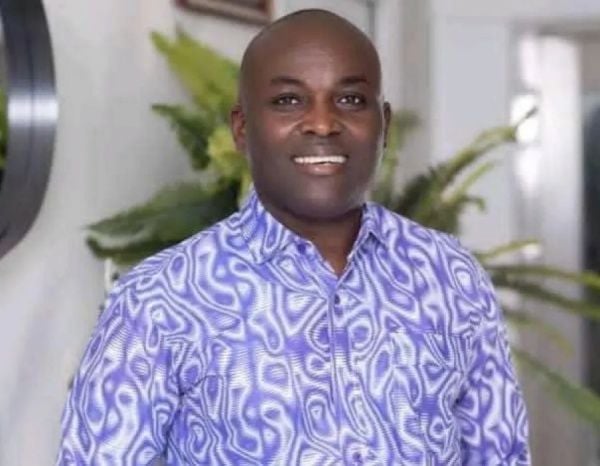Odeneho Kwaku Appiah, commonly referred to as COKA, a member of Ghana’s New Patriotic Party (NPP), has publicly addressed the leadership of the Seventh-day Adventist (SDA) Church regarding their concerns about the upcoming 2024 elections. The SDA Church has voiced a significant issue due to the elections falling on December 7, which coincides with their Saturday Sabbath worship. COKA acknowledges this conflict in his recent communications while urging the church leaders to encourage their members to participate in the electoral process, emphasizing that active participation in voting is not only a civic duty but also aligns with spiritual and moral values. This highlights the delicate balance between religious observance and civic engagement in a pluralistic society.
Earlier in the year, the SDA Church sourced concernsously about the electoral date and submitted petitions to the Electoral Commission. They suggested moving the voting date to either November 1 or November 2. These dates were proposed based on precedent; they were considered viable alternatives in prior electoral discussions led by the Constitutional Review Commission in 2011 and the Electoral Reform Committee in 2015. The church argues that these alternative dates would allow their members to fulfill their religious obligations without compromising their civic duties, thus advocating for reform that respects their beliefs. The church’s efforts indicate a proactive approach to governance while ensuring their members’ interests and rights remain protected within the electoral framework.
COKA’s communication went beyond merely addressing the church’s petition; he took the opportunity to reinforce the necessity of civic participation, even within the context of religious practices. He recognized the spiritual significance of the Sabbath for Adventists but urged that the needs of the people must prevail in this circumstance. In his view, the potential disenfranchisement of over 800,000 SDA members due to their commitment to worship is a challenge that needs to be addressed with empathy and respect for their beliefs. He argued that good citizenship and voting reflect one’s values and that the Adventist tradition itself encompasses civic responsibility as a form of stewardship in society.
In light of the SDA’s unique position, COKA suggested that alternate solutions could be explored to accommodate the church’s members during the elections. He proposed that the Electoral Commission and the SDA leadership could discuss special voting provisions for those unable to vote on Saturday. This could potentially include early voting, absentee ballots, or other methods that reflect a sensitivity to the religious commitments of the SDA constituency. Such conversations could lead to innovative approaches to ensure that no segment of the population feels sidelined or disenfranchised in the democratic process.
Moreover, while COKA reassured the SDA Church that discussions with political stakeholders are ongoing to promote reforms ahead of the 2028 elections, it illustrates an acknowledgment of the need for inclusive electoral practices that consider the religious diversity within Ghanaian society. The dialogue around the implications of the December 7 election highlights the broader challenge in democratic governance—finding pathways that harmonize the various interests and beliefs of citizens within a framework of mutual respect and understanding.
In conclusion, COKA’s engagement with the SDA Church reflects a nuanced approach to political discourse in Ghana. By advocating for both voting participation and consideration for religious observances, he underscores a commitment to fostering inclusivity within the electoral process. As elections approach, it becomes increasingly vital for the government, religious groups, and civic organizations to collaborate in addressing these concerns and ensuring that Ghana’s democracy is robust, representative, and attuned to the needs of all its constituency members. Ultimately, the calling to vote should transcend individual beliefs, encouraging communal participation in the democratic process.














